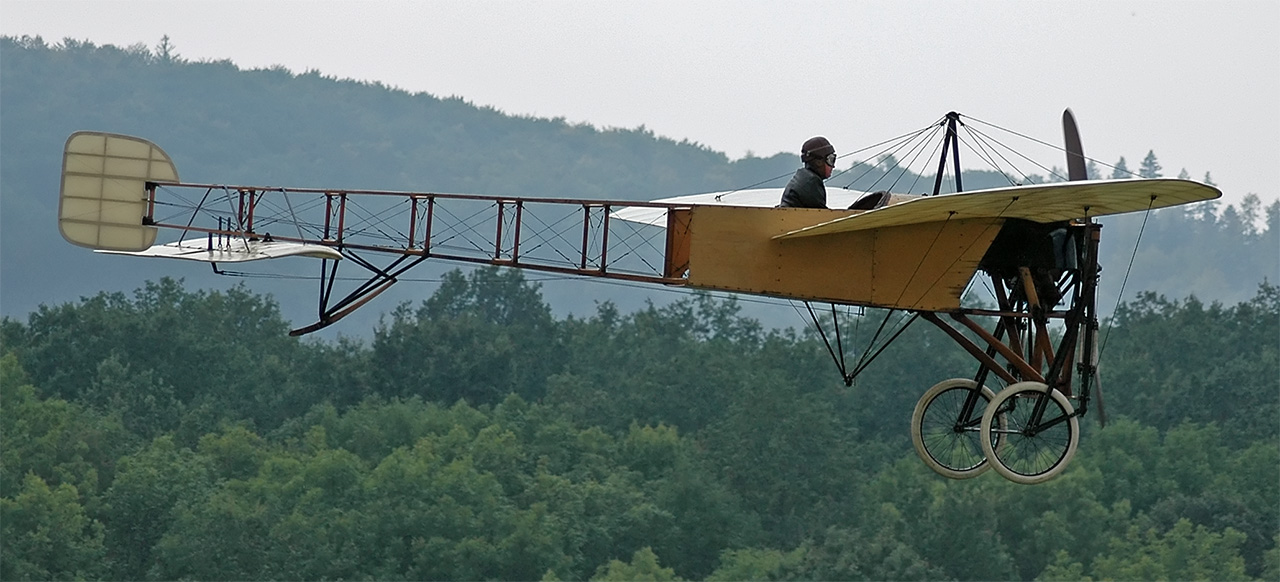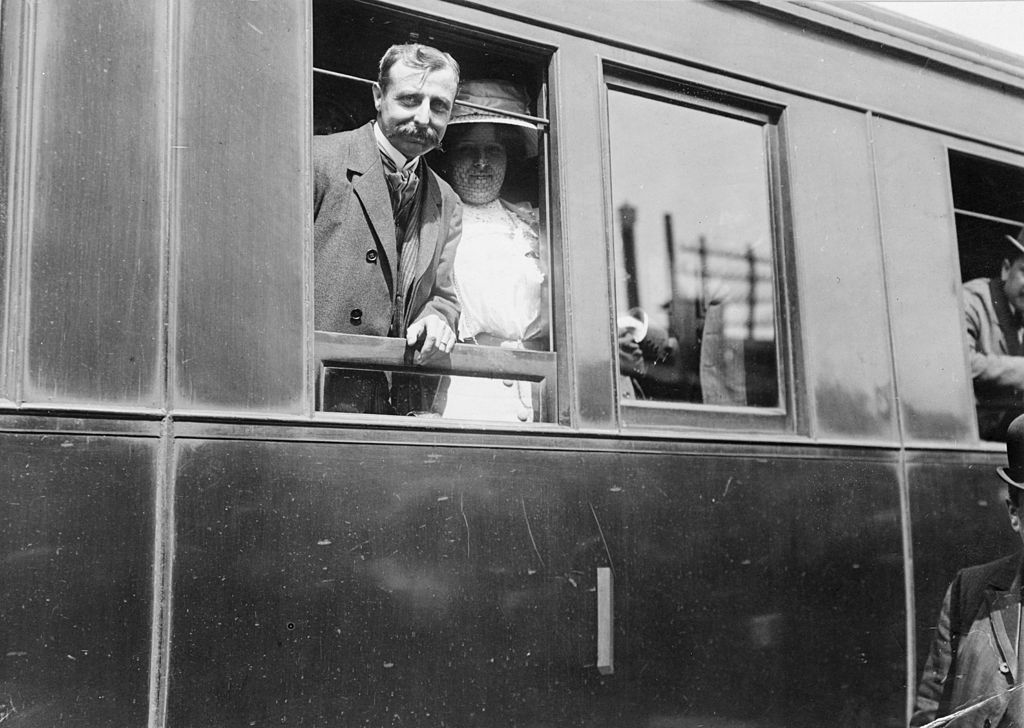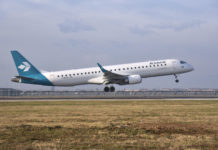A few years after it was founded, the British daily newspaper, the Daily Mail promoted a special prize: £1,000 would be given to the first person able to fly over the English Channel. In order to understand the value of that amount of money at that time, it’s worth bearing in mind that a copy of the Daily Mail cost just half a penny. In response to this extravagant initiative, the satirical magazine Punch offered £10,000 to the first person to land on Mars… It seemed like an impossible venture in 1906 and, in fact, nobody succeeded for years.
The Frenchman Louis Blériot won the prize on 29th July 1909. The engineer and aviation pioneer took off from Calais and landed in Dover 36 minutes later, destroying a landing gear and a propeller in the process, but winning the challenge all the same. To give you an idea of how crazy his venture was, consider that the average speed of the flight was just 64 km/h (40 mph).
Blériot was already known at that time for having obtained the first aeroplane pilot licence in France. Making the most of the heritage left by the Wright brothers using biplanes, the aviator undertook to design more agile monoplanes with his engineer colleague Raymond Saulnier.

The Blériot XI, the single-engine monoplane the aviator used to cross the English Channel, became immensely successful and achieved many other records thanks to the ventures of other great aviators (which I’m sure we’ll talk about on our blog soon!).
Louis Blériot’s record was promoted by the Daily Mail and the French authorities. He was honoured in 1936 when the Fédération Aéronautique Internationale established the Médaille Louis Blériot, an aeronautical decoration.
To celebrate the biggest success of his life, Blériot wanted to repeat his crossing of the English Channel twenty years later using the same monoplane he used in 1909.
Even today, the French aviator is a source of inspiration for new pioneers, such as Franky Zapata, who was born in 1978 and is a bold motorboat pilot and inventor of the Flyboard, a new board which is said to fly over water and on which he crossed the English Channel on 4th August 2019.




